8 Best Fasting Apps [2023 Guide]
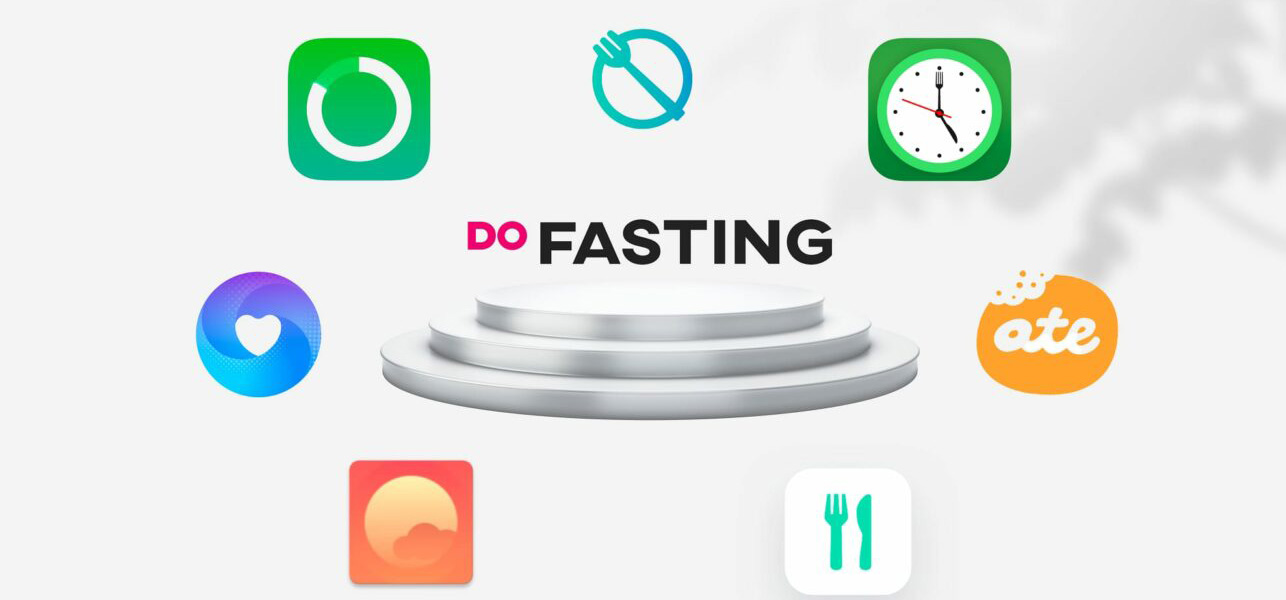
How do we vet brands and products? Learn more.
Taking the jump to committing to a healthier lifestyle can sometimes be a daunting task, especially when it has to do with changing the way you eat. Thankfully, there is one guaranteed and health-conscious way to take control of your life and maybe lose a few pounds in the process.
Intermittent fasting is an easy-to-adopt eating style that doesn’t count your calories or restrict the kinds of foods you can eat, all while helping you feel healthier.
However, getting started on intermittent fasting can be a bit daunting. Thankfully, we’ve compiled a list of the 8 best intermittent fasting apps. Let’s see how they all compare and which is the best to start your new lifestyle.
8 Best Intermittent Fasting Apps
With the booming rise of technology and apps, there’s more information out there than most people can easily sift through. We did all the hard work for you in order to bring together the best of the best when it comes to intermittent fasting apps.
All of these apps have a free version as well as a premium version.
#1 DoFasting

Your Personal Intermittent Fasting App
- Progress tracker and calendar
- Calorie tracker
- More than 5,000 healthy recipes
- Training routines
- Daily motivation and tips
- Water intake targeting
- Daily caloric intake tracker
DoFasting is a subscription-based app that helps jump-start you into intermittent fasting. DoFasting’s app has a tracker that helps you monitor your fasting times, as well as a weight loss tracker to measure your progress. The DoFasting app allows its users to have access to a host of articles about intermittent fasting, meal recipes, and even workout regimes that are best suited to go with this type of meal schedule.
Read more: DoFasting Review: How Good Is This Fasting App?
#2 Window
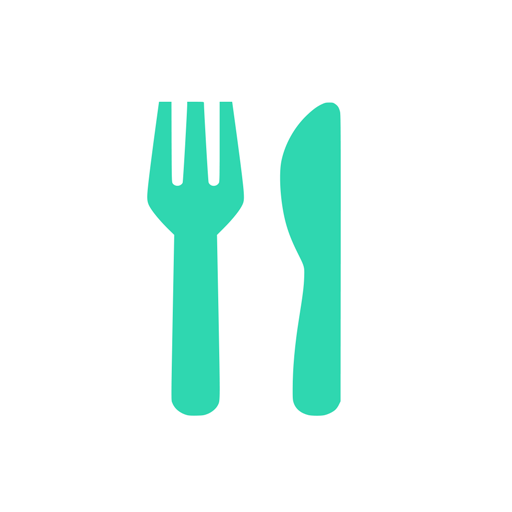
- Fasting schedules that tailor to user needs
- Can’t be used just to track fasting
- Personalized fasting programs
Window is another subscription-based app that helps users track their fasting days, as well as their weight loss journey. The app allows users to pick a variety of fasting schedules and tailors their fast tracker to those specific plans. It also allows users to browse fasting meal plans and articles that help the user understand intermittent fasting more.
#3 Zero
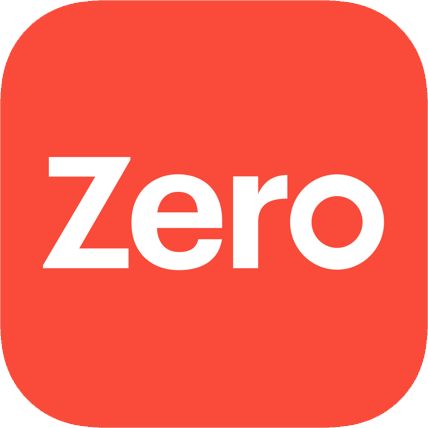
- Customized fasting schedule
- Most features behind a paywall
- Weekly challenges
The Zero app is designed for intermittent fasting beginners. The app has 5 different preset types of fasting that the user can choose from, or a custom fasting schedule with a maximum of 5-day fasting.
The app includes a fasting tracker, a summary of your progress, weekly challenges, as well as articles and videos about intermittent fasting.
#4 BodyFast
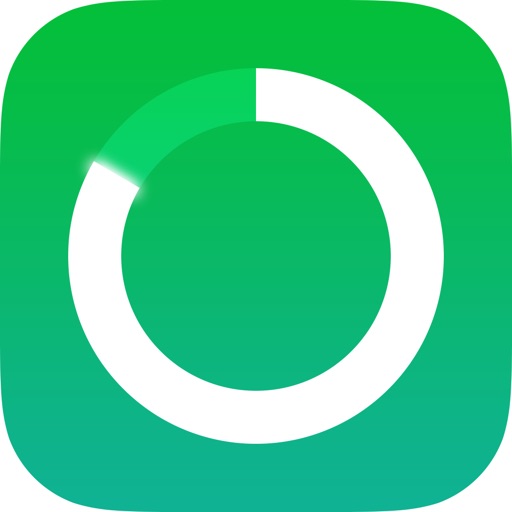
- Lowest price point
- 10 different fasting schedules
- Less flexibility
- Can’t connect to other health apps
BodyFast coach is an intermittent fasting app that allows for up to 10 different fasting schedules. Like most fasting apps on this list, BodyFast also includes a fasting tracker, as well as a tracker for your weight and body measurements to view your progress. It even has a user-friendly water intake tracker to help make sure you’re drinking enough water.
#5 Fastient
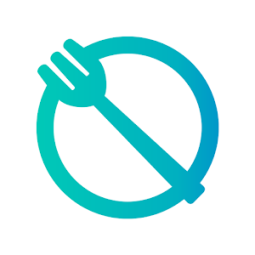
- Fewer features
- Simple fasting tracking
- Journal feature
This fasting app is perfect for people who are already experienced intermittent fasters, don’t need a lot of coaching, and don’t need an app that has too many features. If you’re just looking for a way to track your fasting, then Fastient is the way to go. This app allows users to track their fasting progress and even write notes about their day.
#6 Vora

- Lower price point
- Fewer features
- Poor functionality
- Community support
Another basic fasting app, Vora, is for those who just need a simple tracker to keep their fasting schedule straight. This is another app that’s perfect for those who already know what they’re doing when it comes to intermittent fasting and are just looking for an app that doesn’t have a lot of features. You can see others’ progress and leave comments as well.
#7 LIFE Fasting Tracker
- Focused on community
- Very few features
- Premium not worth the price
- Participation focused
LIFE Fasting Tracker is an app that really took the sense of community and ran with it. For a lot of people, starting a new lifestyle all on their own can be intimidating. LIFE makes sure to bring a sense of community to the app. Users can interact with people’s progress, make friends, and leave comments, all while tracking their own progress.
#8 Ate Food Diary
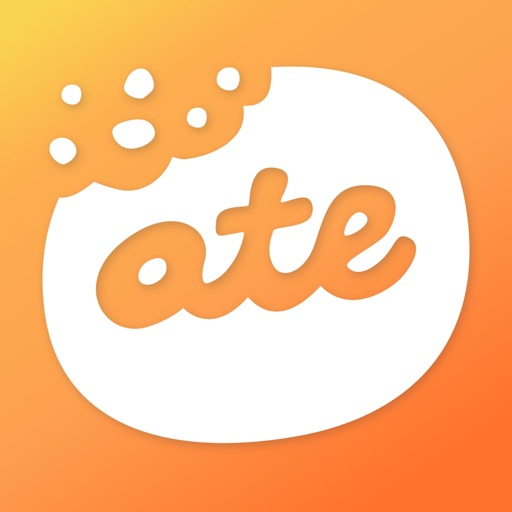
- Focused on building healthy habits
- Many features behind a paywall
- Less focused on intermittent fasting
- Community accountability
The Ate Food Diary app is an app that is focused more on mindfulness than on caloric restriction. It’s a different type of app that isn’t exactly streamlined for intermittent fasting, so much as it is for keeping track of the foods that you’re eating throughout the day. It’s focused on building healthy habits that can benefit you in your intermittent fasting journey.
How Did We Choose the Best Apps?
When looking into the best apps for intermittent fasting, choosing the most popular ones to review is vital. We wanted to make sure that we were reviewing the actual best apps to help you with your intermittent fasting journey.
Here are our criteria for our best intermittent fasting apps:
- Science-based approach and expert consultation
- Focus on overall health and not just calorie counting
- Safe intermittent fasting protocols
- Free versions and premium versions available
- Based on actual user reviews
- What features you get vs. the price point
A Word From Our RD
Intermittent fasting is not a diet. The idea behind this particular lifestyle isn’t to restrict the types of foods you eat, or even really restrict how many calories you eat – except on fasting days! – but rather to get your body into the rhythm of fasting and eating that is best for your lifestyle.
You shouldn’t worry about whether you’re eating “good” or “bad” foods, but instead, focus on when you’re eating.
Our bodies are naturally designed to fast, and intermittent fasting is sometimes far more natural for our bodies than eating 3 meals a day, often with snacks in between.
Keep in mind that intermittent fasting might not be for everyone. While it has many health benefits, you should always discuss it with your doctor before you take a big leap in terms of lifestyle changes.
As you’re starting with intermittent fasting, keep an eye out for these common side effects: lethargy, crankiness, headaches, or constipation. If you experience these side effects, the intermittent fasting schedule you have chosen might not be right for you. Make sure you stick to a fasting period that doesn’t leave you feeling sick.
Intermittent fasting apps are a good way to get into the lifestyle. They can help you figure out which fasting style is best for you, help you track your fasting periods on your own schedule so that you’re not going too long without eating, and track your progress as you continue through your journey.
Especially if you’re an older person – intermittent fasting shows remarkable health benefits. Fad diets come and go, and you’ve probably tried them all. But this is a great way to keep your body healthy and youthful.
Using one of these intermittent fasting apps will make sure you’re not over-eating during your feast period. For those who are just starting out, over-eating is a logical concern since you’re training your body into a new eating schedule.
Compare Best Fasting Apps


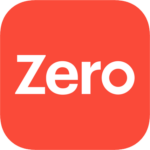




Keeps track of your fasting and weight
Meal planning and exercise routines
Access to articles and health experts
Fasting schedules that tailor to user needs
Can’t be used just to track fasting
Personalized fasting programs
Customized fasting schedule
Most features behind a paywall
Weekly challenges
Lowest price point
10 different fasting schedules
Less flexibility
Can’t connect to other health apps
Fewer features
Simple fasting tracking
Journal feature
Less guidance
Lower price point
Fewer features
Poor functionality
Community support
Focused on community
Very few features
Premium not worth the price
Participation focused
Focused on building healthy habits
Many features behind a paywall
Less focused on intermittent fasting
Community accountability







Keeps track of your fasting and weight
Meal planning and exercise routines
Access to articles and health experts
Fasting schedules that tailor to user needs
Can’t be used just to track fasting
Personalized fasting programs
Customized fasting schedule
Most features behind a paywall
Weekly challenges
Lowest price point
10 different fasting schedules
Less flexibility
Can’t connect to other health apps
Fewer features
Simple fasting tracking
Journal feature
Less guidance
Lower price point
Fewer features
Poor functionality
Community support
Focused on community
Very few features
Premium not worth the price
Participation focused
Focused on building healthy habits
Many features behind a paywall
Less focused on intermittent fasting
Community accountability
FAQs
If you’re new to the idea of intermittent fasting, don’t worry. Here are some frequently asked questions that should help fill you in.
Intermittent fasting is an umbrella term used to describe a type of meal timing schedule. This schedule cycles between voluntary fasting, or even just reduced caloric intake, and non-fasting over a period of time.
Intermittent fasting schedules come in several different formats, each of them with its own pros and cons. When you choose a fasting schedule, make sure that it fits into your lifestyle!
For example, you can choose a fasting schedule where you alternate days or one where you only fast for certain periods of the day and not others. Whichever you choose, it’ll soon become natural to your body’s eating habits.
Yes, absolutely! Intermittent fasting helps control caloric intake. Losing weight is largely about burning more calories than you consume. Allowing your body time between eating and fasting is a great way to lose weight.
When you combine intermittent fasting with physical activity, your body will naturally burn fat, build muscle, and shed a couple of pounds.
Intermittent fasting is known to have a whole host of health benefits that have nothing to do with weight loss. Even if you’re not looking to lose a few pounds, intermittent fasting can help regulate your insulin levels, reduce stress and inflammation in the body, benefit your heart health, lower your blood sugar, and induce a cellular repair process.
Conclusion
Intermittent fasting is not just a new fad diet. It’s a lifestyle shift that involves changing when you eat, not what you eat. The intermittent fasting lifestyle is all about allowing your body to do what the human body has done naturally throughout a large portion of human history.
Intermittent fasting apps are the perfect way for both newbies and veterans of the lifestyle to keep track of their fasting periods.
Whether you’re looking to focus on weight loss or just hoping to get some of the other benefits associated with the lifestyle, an intermittent fasting app is perfect for you.
All the apps come with their pros and cons. It’s important to focus on what each can do for you when choosing the best intermittent fasting app.

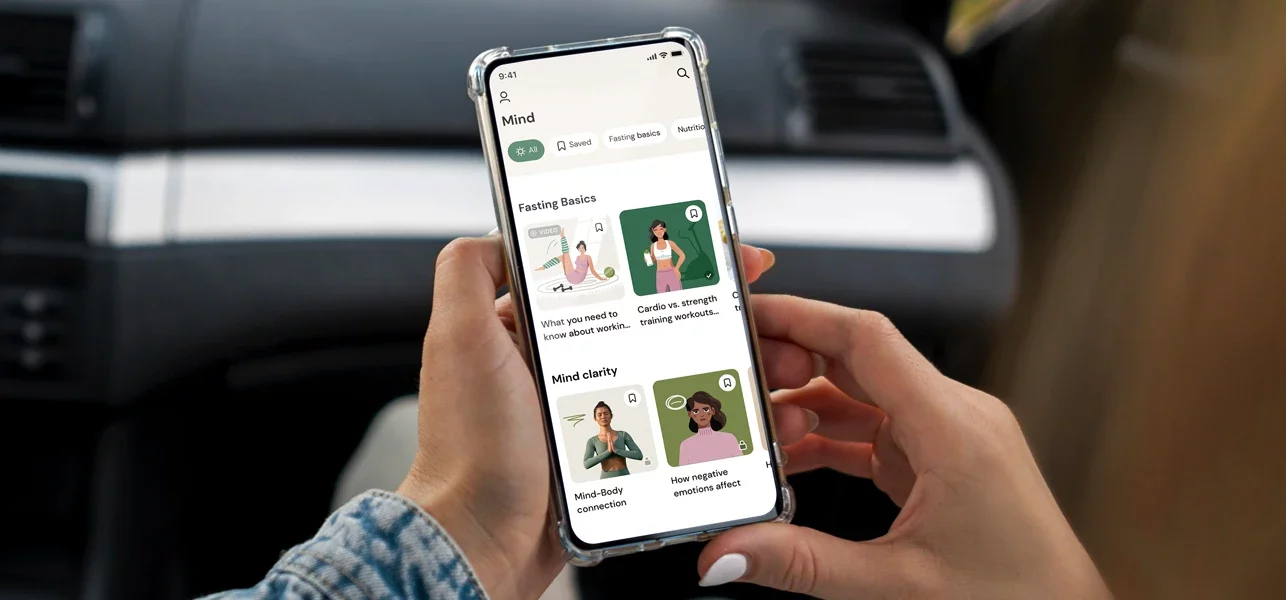





Comments (0)